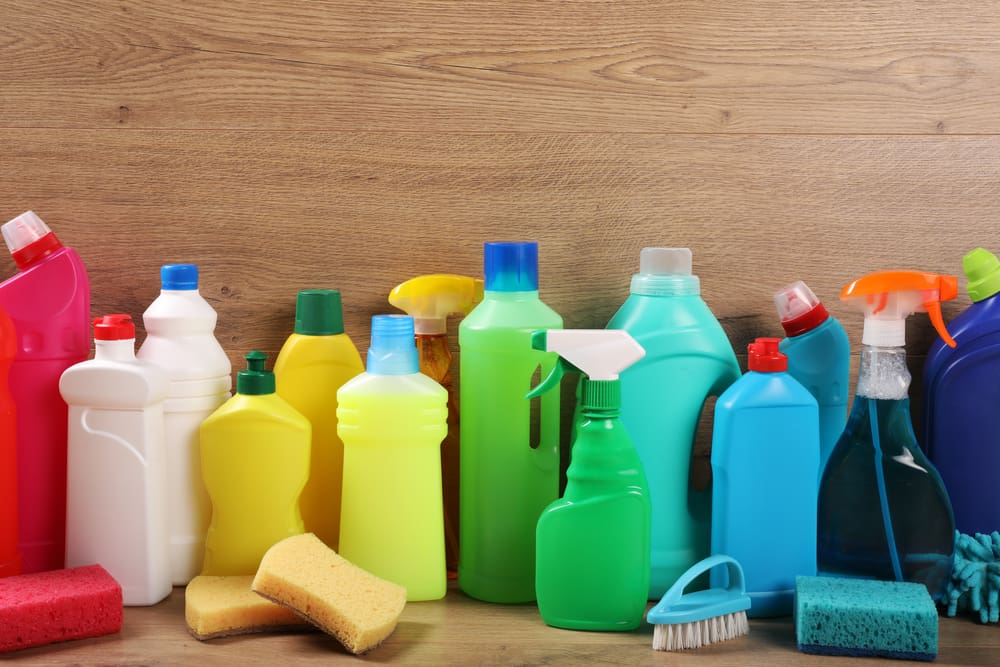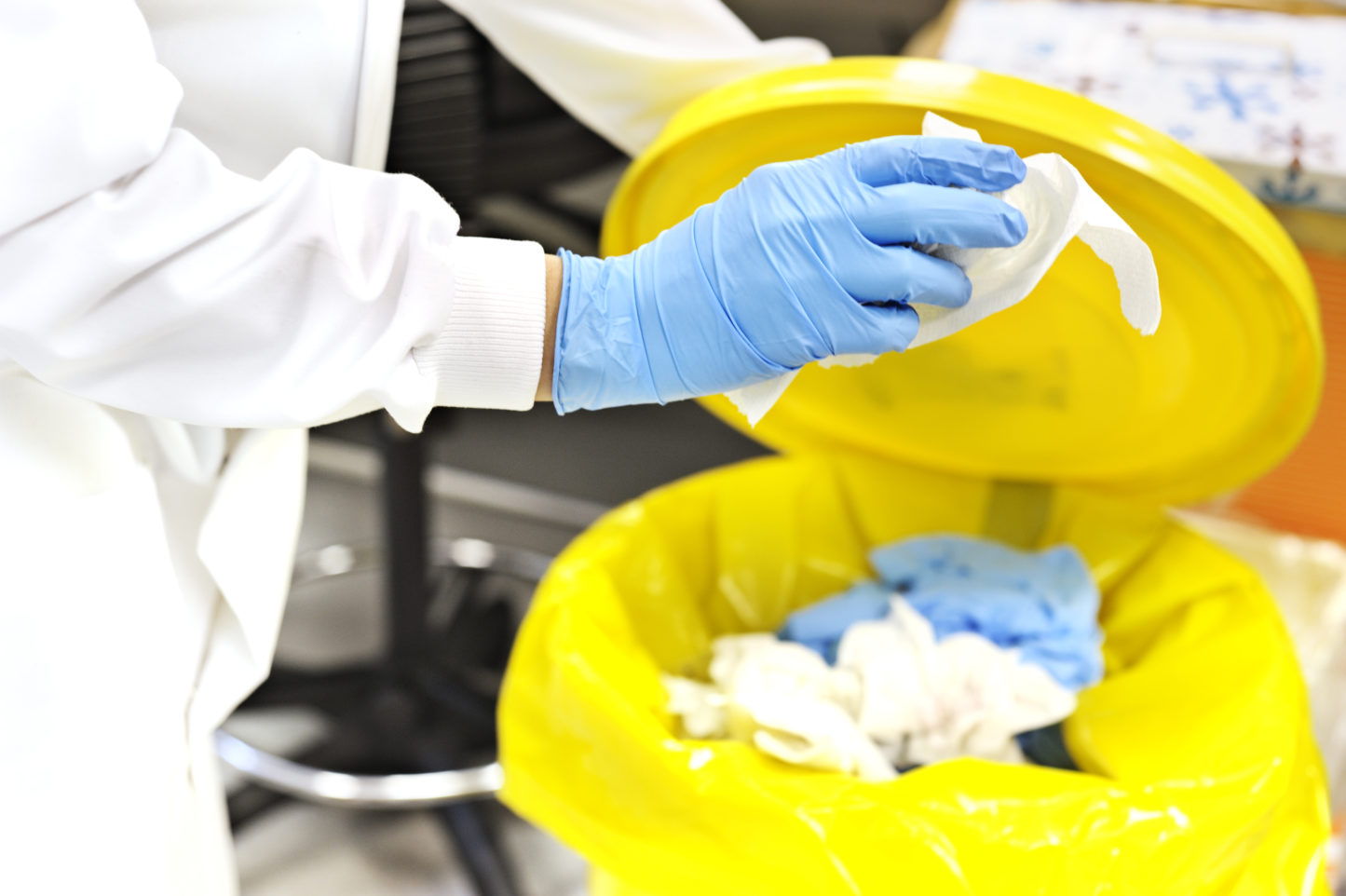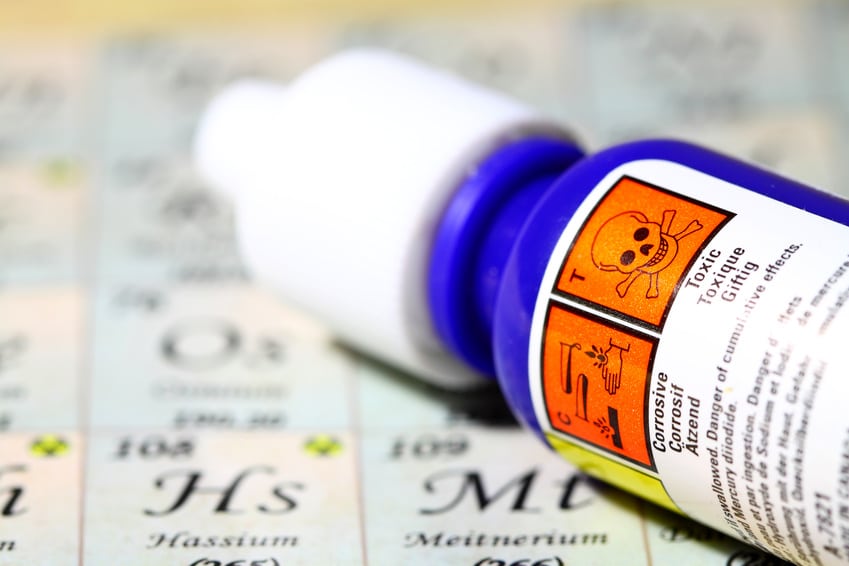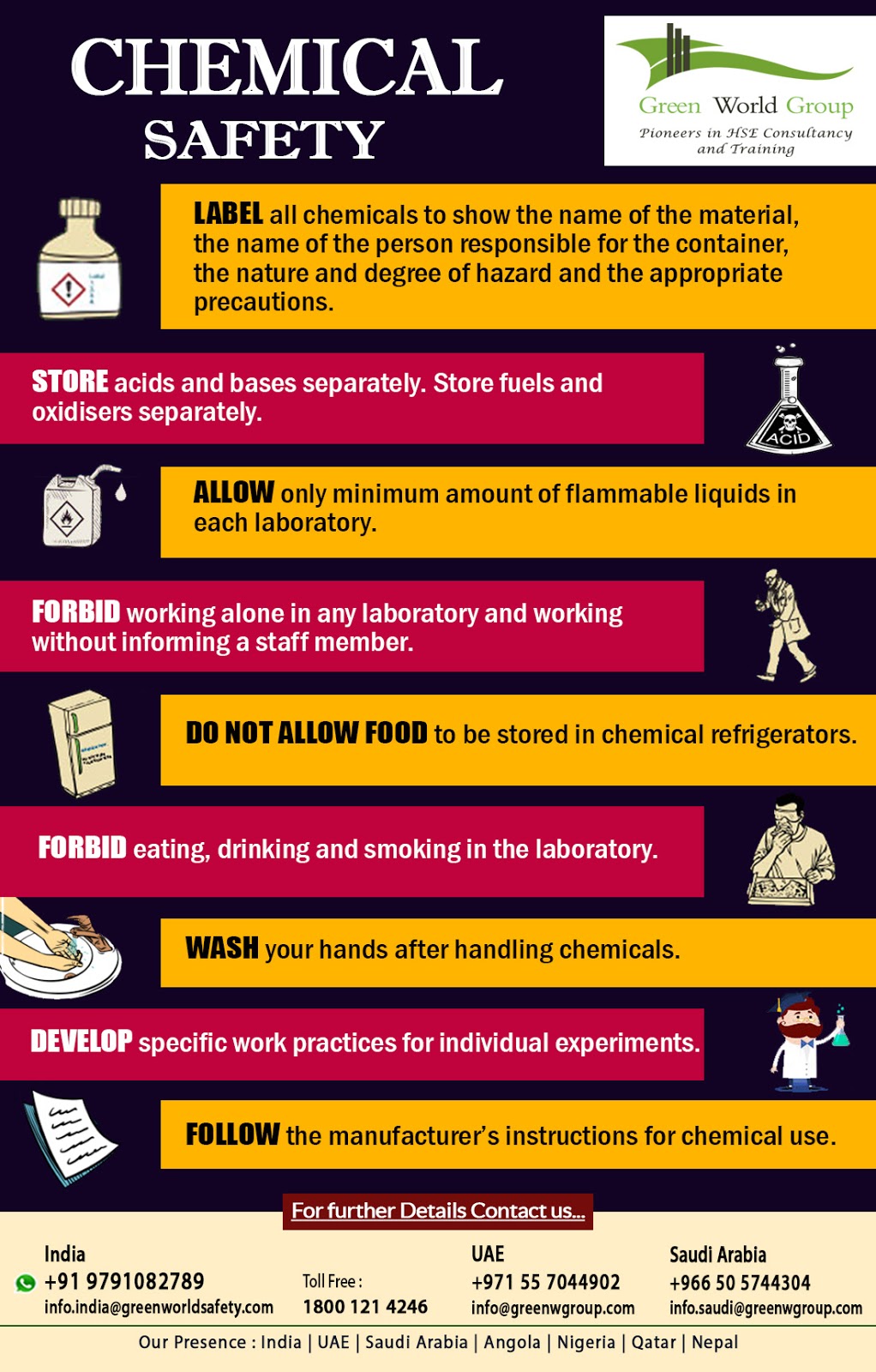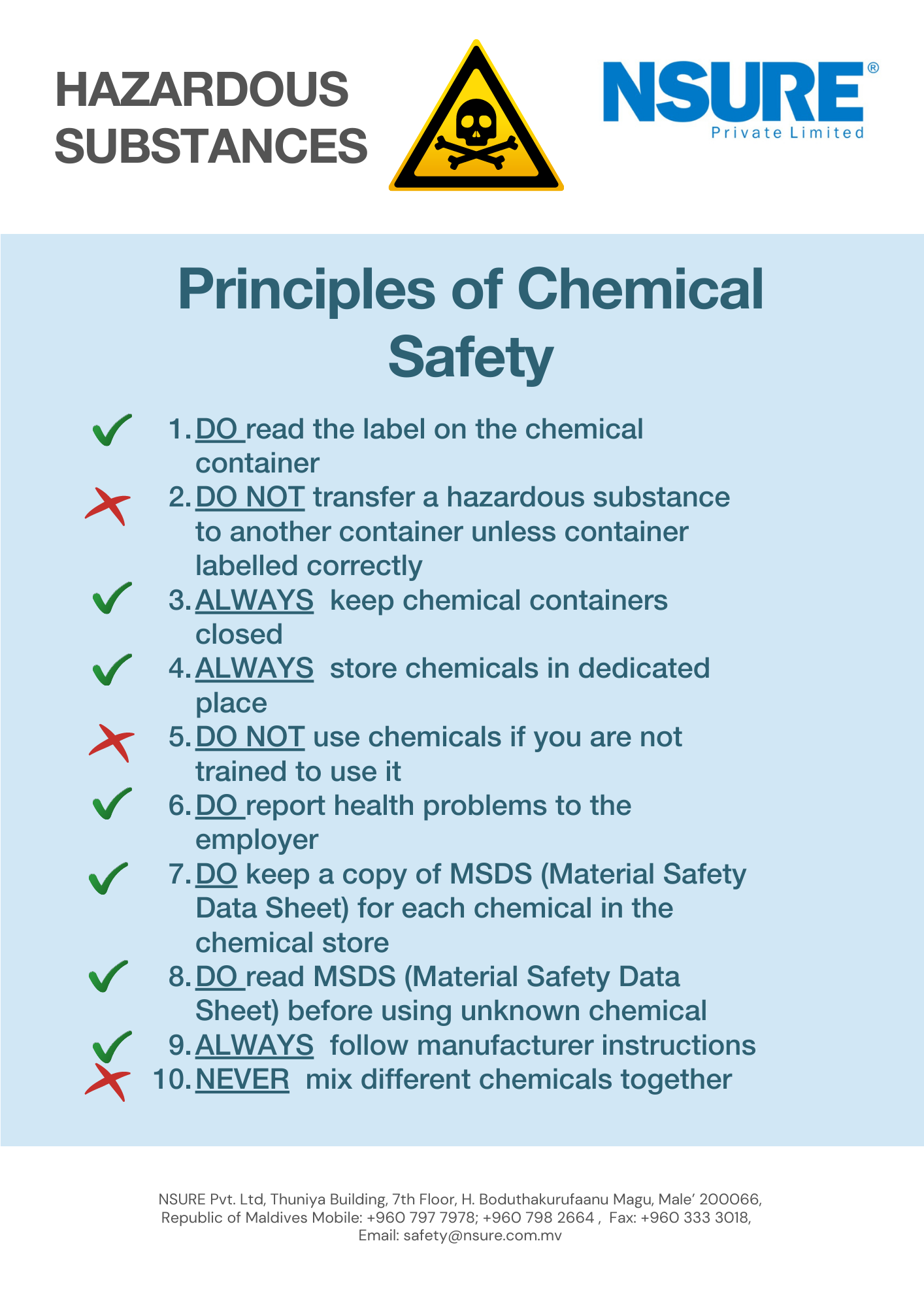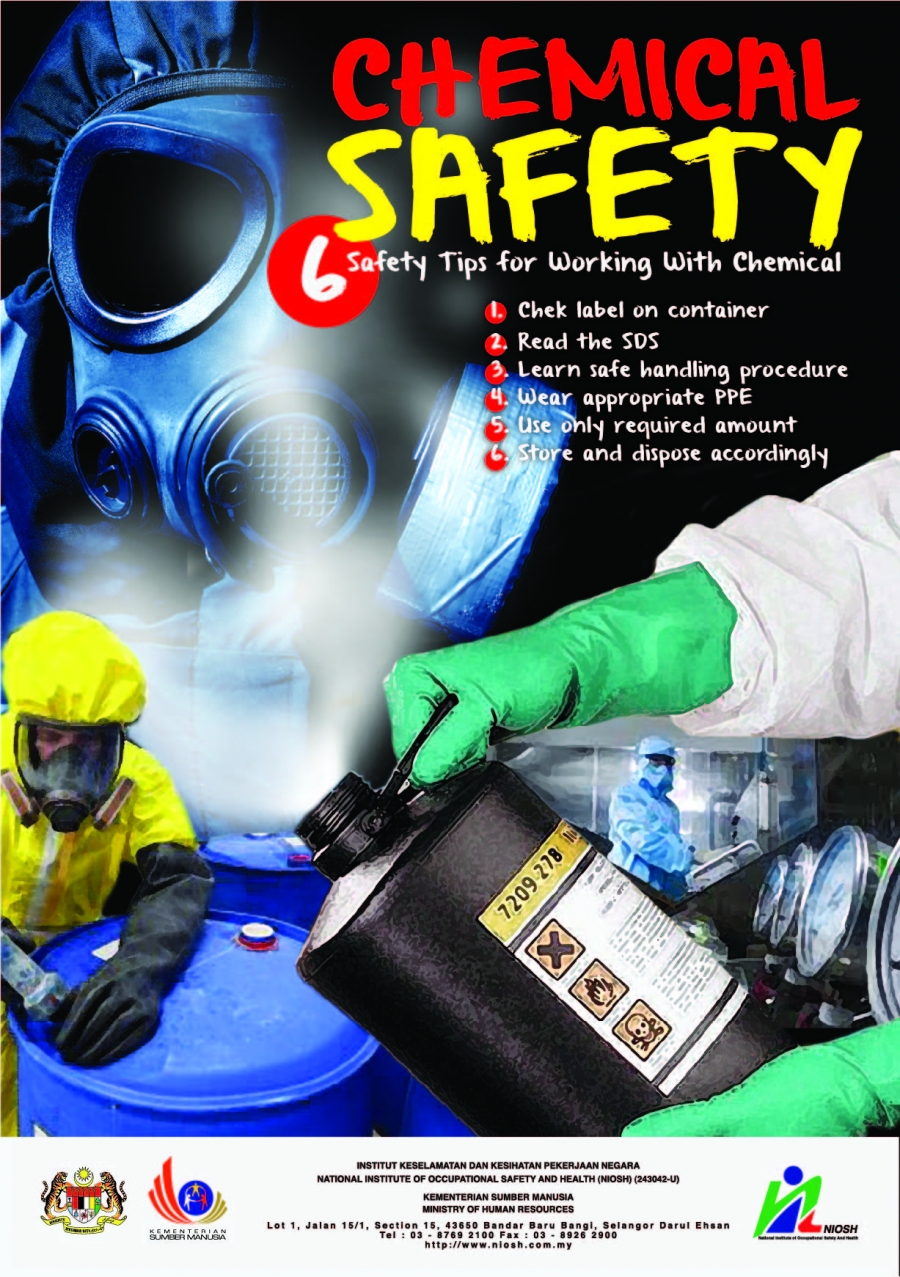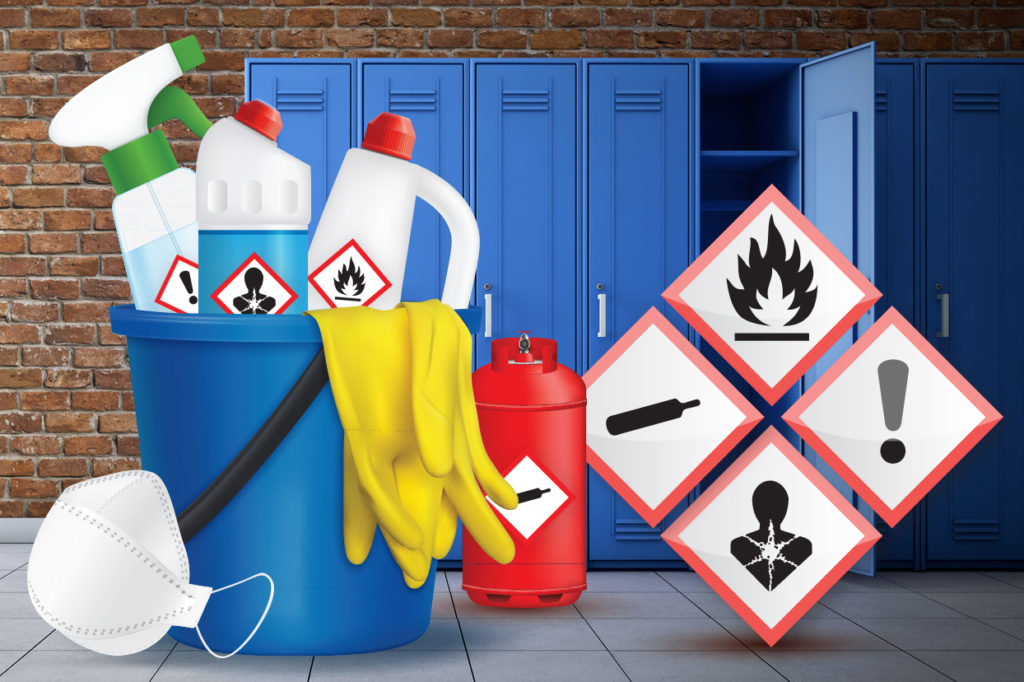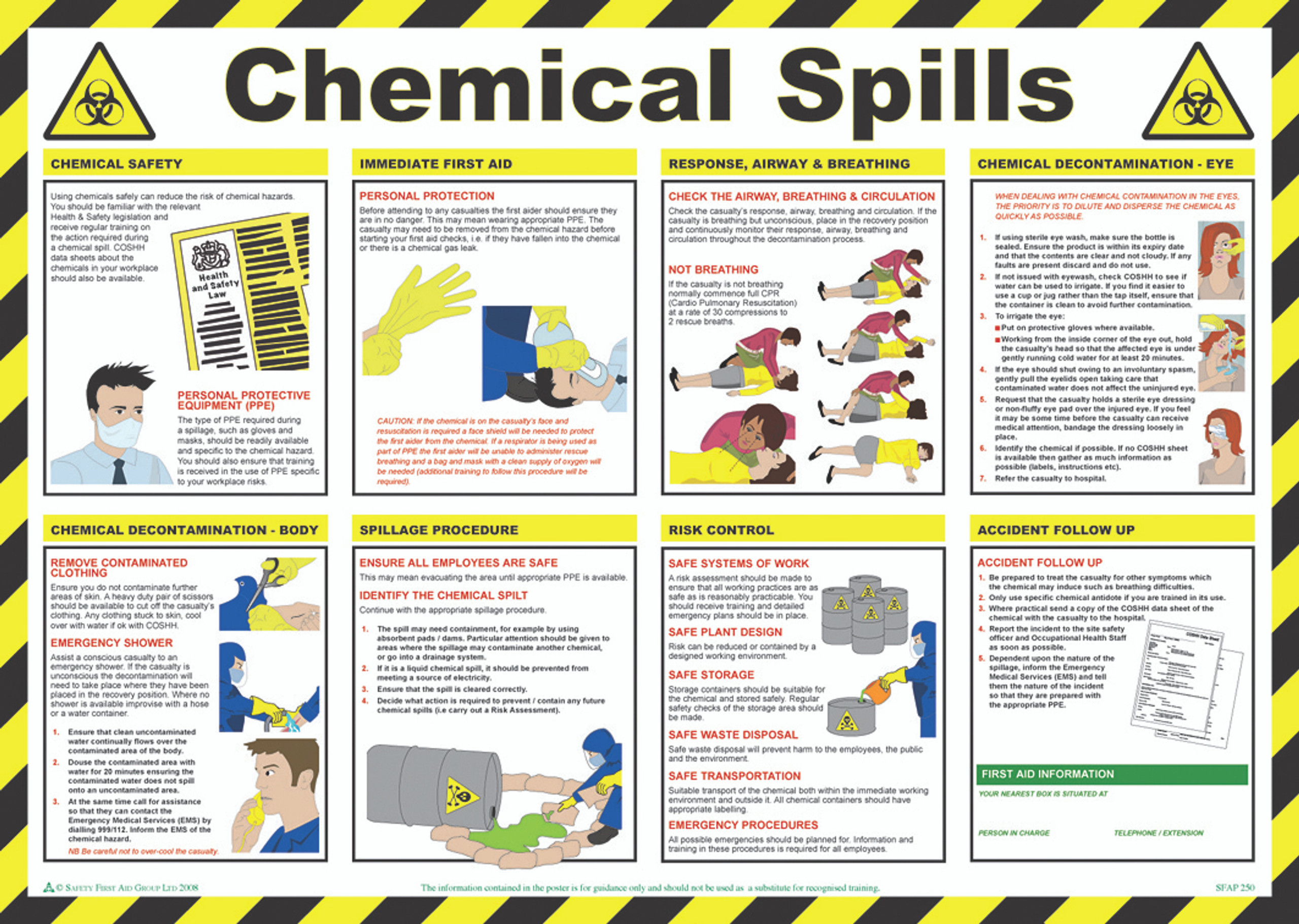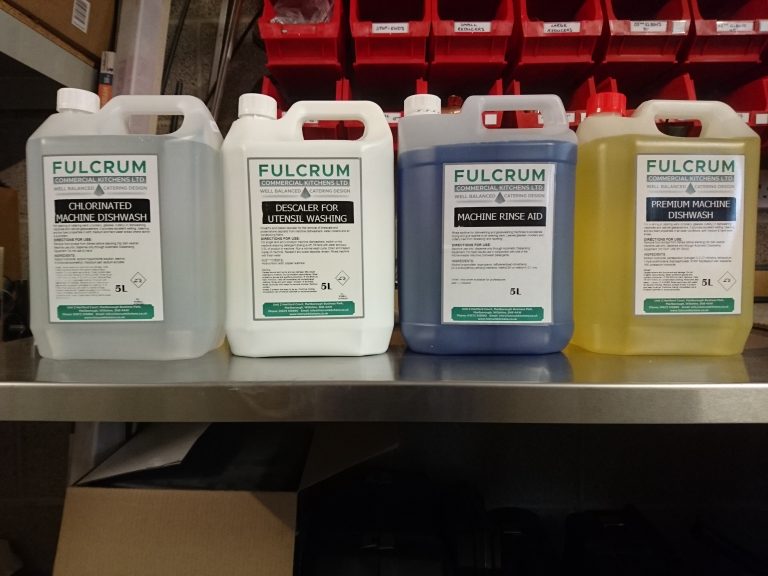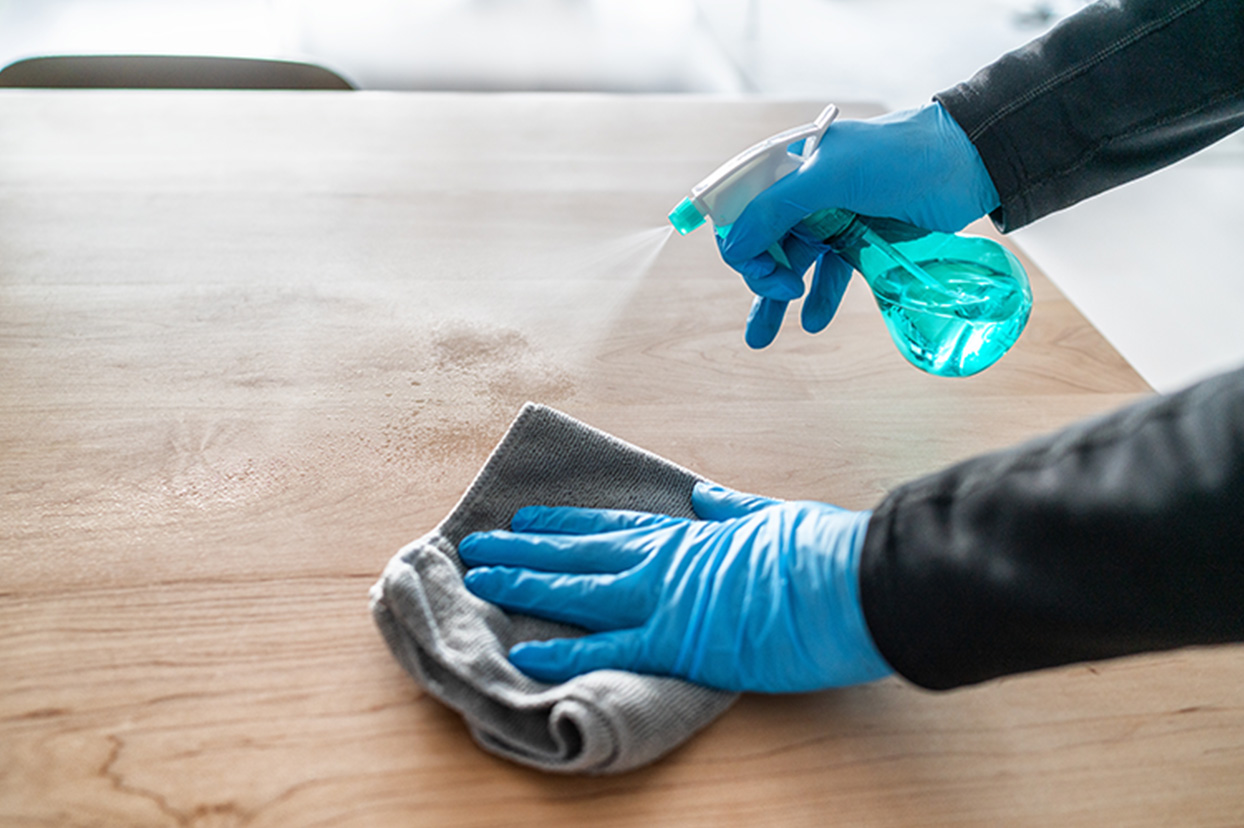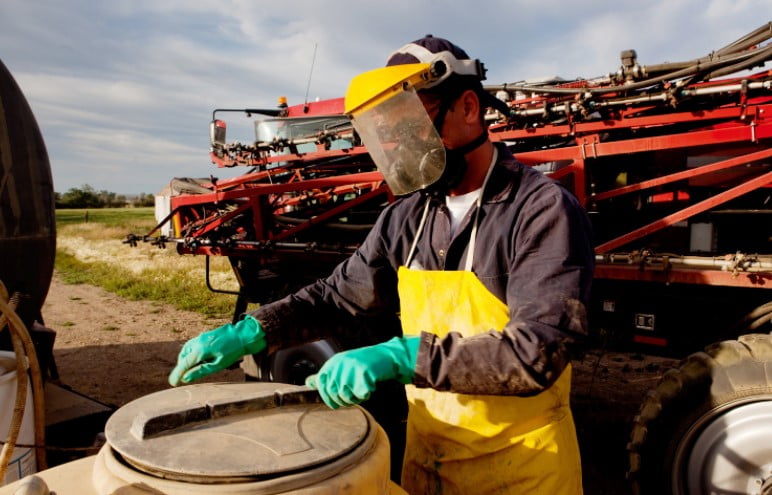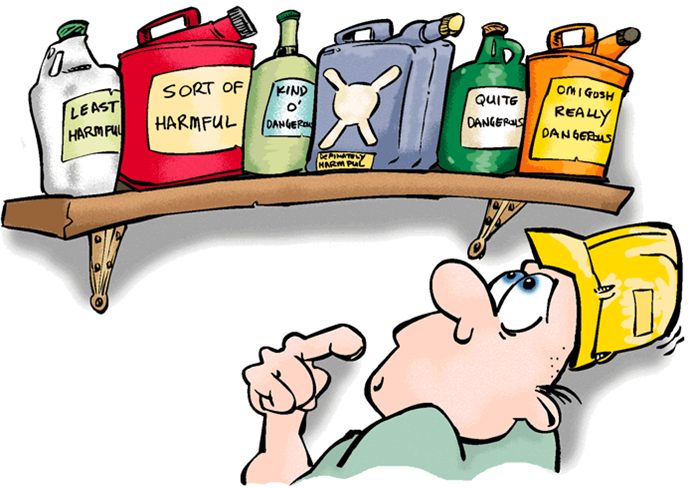Chemicals You Can Use in a Kitchen Sink
Kitchen sinks are used daily for various tasks such as washing dishes, cleaning vegetables, and even bathing pets. Over time, these activities can cause buildup and stains, making it necessary to use chemicals to clean and maintain a hygienic kitchen sink. However, not all chemicals are safe to use in a kitchen sink, and it is important to know which ones are suitable for this purpose. In this article, we will discuss the top 10 chemicals that can be used in a kitchen sink and how to safely use them.
How to Safely Use Chemicals in a Kitchen Sink
Before using any chemical in your kitchen sink, it is crucial to read and follow the instructions on the product label. This will ensure that you are using it correctly and safely. Additionally, it is essential to wear protective gear such as gloves and goggles to avoid any contact with the chemicals. Always keep the area well-ventilated and avoid mixing different chemicals together as this can create harmful fumes. Now, let's take a look at the best chemicals for cleaning a kitchen sink.
Best Chemicals for Cleaning a Kitchen Sink
Bleach: This powerful chemical is known for its ability to kill bacteria, viruses, and fungi. It is an excellent option for disinfecting and deodorizing a kitchen sink. However, it is important to dilute it with water as using it in its pure form can damage the sink.
Vinegar: This natural and eco-friendly option is great for removing stains and odors from a kitchen sink. It can also help to unclog a sink when combined with baking soda.
Baking soda: This versatile ingredient can be used on its own or combined with other chemicals to clean and deodorize a kitchen sink. It is gentle and safe to use, making it suitable for regular maintenance.
Ammonia: This chemical is effective at cutting through grease and grime, making it ideal for deep cleaning a kitchen sink. However, it should be used in a well-ventilated space and avoided if you have respiratory issues.
Oxygen bleach: This type of bleach is non-toxic and safe to use in a kitchen sink. It is great for removing tough stains and disinfecting the sink without causing any damage.
Using Chemicals to Unclog a Kitchen Sink
It is common for kitchen sinks to get clogged due to food debris and grease buildup. In such cases, using chemicals can help to clear the clog and restore the sink's proper functioning. However, it is important to use the right chemicals to avoid any damage to the sink. Here are some options:
Enzyme-based drain cleaners: These cleaners use natural enzymes to break down organic matter, making them safe to use in a kitchen sink. They are also gentle on pipes and septic systems.
Sulfuric acid drain cleaners: These cleaners are strong and effective at unclogging sinks, but they can also cause damage if not used correctly. It is important to follow the instructions carefully and wear protective gear when using them.
Baking soda and vinegar: As mentioned earlier, these two ingredients can be combined to create a natural and safe solution for unclogging a kitchen sink. Pour a cup of baking soda followed by a cup of vinegar down the drain, let it sit for a few minutes, and then flush it with hot water.
Chemical Alternatives for Cleaning a Kitchen Sink
If you prefer to use natural and eco-friendly options for cleaning your kitchen sink, there are several alternatives to chemical cleaners. These include:
Lemon juice: The citric acid in lemon juice can help to remove stains and disinfect a kitchen sink.
Salt: This abrasive ingredient can be used to scrub away tough stains and residue in a sink.
Cream of tartar: This natural abrasive cleaner is great for removing rust stains from a kitchen sink.
Olive oil: This oil can be used to polish and shine a stainless steel sink.
How to Protect Your Kitchen Sink from Chemical Damage
While chemicals can be useful for cleaning a kitchen sink, they can also cause damage if not used correctly. Here are some tips to protect your sink:
Avoid using chemicals on a regular basis: It is best to limit the use of chemicals and opt for natural alternatives for regular maintenance of a kitchen sink.
Rinse thoroughly: After using a chemical cleaner, make sure to rinse the sink thoroughly with water to remove any residue.
Follow instructions: Always read and follow the instructions on the product label to ensure safe and effective use.
Chemicals to Avoid Using in a Kitchen Sink
There are some chemicals that should never be used in a kitchen sink as they can cause damage and pose health hazards. These include:
Chlorine bleach: This type of bleach is too harsh and can cause discoloration and damage to the sink.
Hydrochloric acid: This acid is extremely corrosive and should never be used on a kitchen sink.
Eco-Friendly Chemicals for Cleaning a Kitchen Sink
If you are looking for eco-friendly options for cleaning your kitchen sink, here are some suggestions:
Biodegradable cleaners: These cleaners are made from natural and plant-based ingredients, making them safe for the environment.
Green cleaning products: Look for cleaners that are certified by eco-friendly organizations such as Green Seal or EcoLogo.
How to Properly Dispose of Chemicals Used in a Kitchen Sink
Proper disposal of chemicals is crucial to protect the environment and avoid any health hazards. Here are some tips:
Follow local regulations: Check with your local waste management authorities for the proper way to dispose of chemicals in your area.
Do not pour chemicals down the drain: This can contaminate water sources and harm the environment.
Consider recycling: Some chemicals can be recycled, so check if there are any local recycling centers that accept them.
Chemical Safety Tips for Using a Kitchen Sink
To ensure your safety while using chemicals in a kitchen sink, here are some additional tips:
Keep chemicals out of reach of children and pets.
Store chemicals in their original containers with labels intact.
Avoid mixing chemicals together as this can create harmful fumes.
If accidentally ingested or inhaled, seek medical attention immediately.
In conclusion, using chemicals in a kitchen sink can be an effective way to clean and maintain its hygiene. However, it is important to choose the right chemicals, follow safety precautions, and properly dispose of them to avoid any damage or harm. Consider eco-friendly and natural alternatives for regular maintenance, and always read and follow the instructions on the product label. With the right knowledge and precautions, you can keep your kitchen sink clean and safe for everyday use.
Why Using Chemicals in Your Kitchen Sink May Not Be Safe
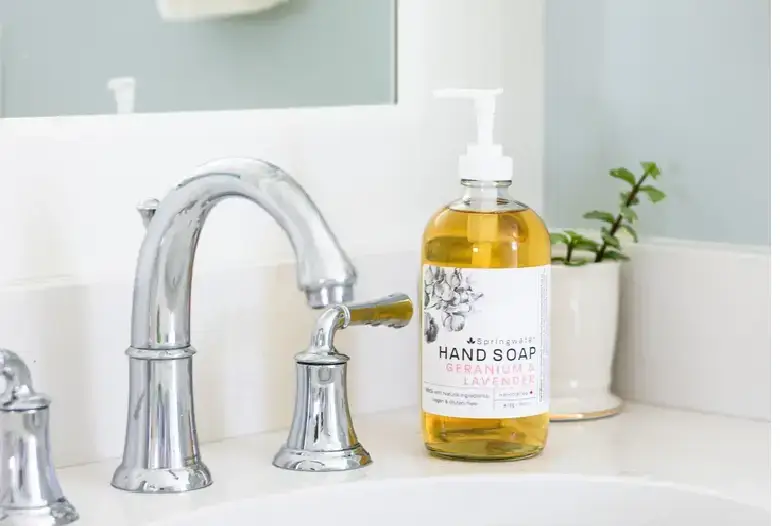
The Dangers of Chemicals in the Kitchen
 When it comes to keeping our homes clean and hygienic, many of us turn to chemical cleaners for their ease and effectiveness. However, the kitchen sink is a unique space that requires some extra thought and caution when it comes to using chemicals.
Chemicals in the kitchen sink can pose a serious risk to our health and the environment
, and it's important to educate ourselves on the potential dangers before reaching for that bottle of bleach or drain cleaner.
When it comes to keeping our homes clean and hygienic, many of us turn to chemical cleaners for their ease and effectiveness. However, the kitchen sink is a unique space that requires some extra thought and caution when it comes to using chemicals.
Chemicals in the kitchen sink can pose a serious risk to our health and the environment
, and it's important to educate ourselves on the potential dangers before reaching for that bottle of bleach or drain cleaner.
Impact on our Health
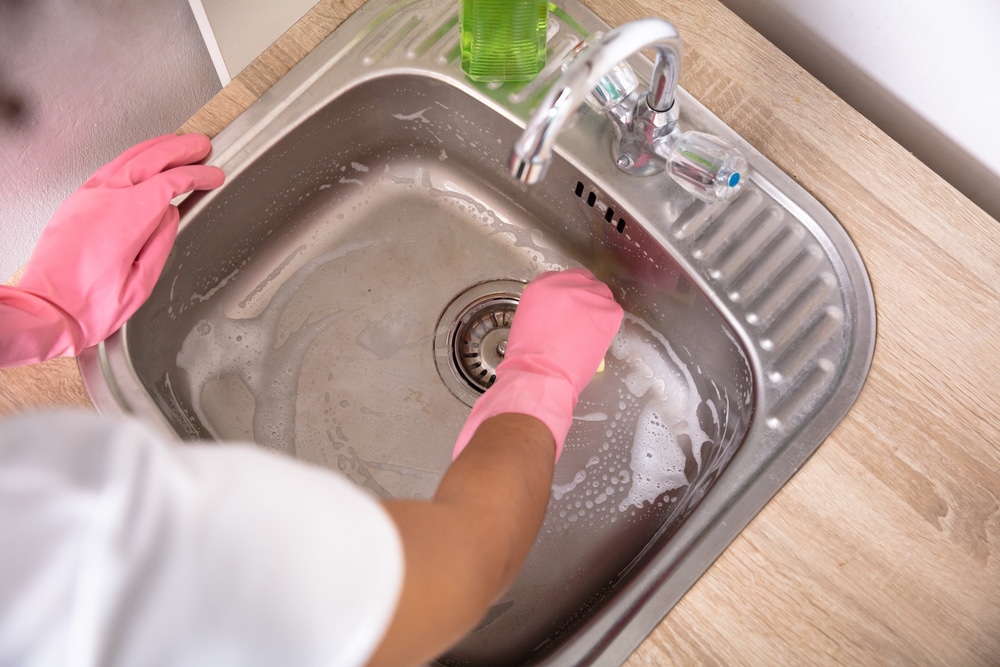 The kitchen sink is where we wash our dishes, fruits and vegetables, and even our hands. This means that
any chemicals used in the sink can easily come into contact with our food and bodies
. Some common household cleaners contain harsh chemicals such as ammonia, chlorine, and phosphates, which can cause respiratory irritation, skin irritation, and even more serious health concerns if ingested.
Ingesting even small amounts of these chemicals can be harmful, especially for young children and pets
who may accidentally come into contact with them.
The kitchen sink is where we wash our dishes, fruits and vegetables, and even our hands. This means that
any chemicals used in the sink can easily come into contact with our food and bodies
. Some common household cleaners contain harsh chemicals such as ammonia, chlorine, and phosphates, which can cause respiratory irritation, skin irritation, and even more serious health concerns if ingested.
Ingesting even small amounts of these chemicals can be harmful, especially for young children and pets
who may accidentally come into contact with them.
Impact on the Environment
 Chemicals used in the kitchen sink don't just disappear after we rinse them down the drain. They end up in our water systems, where they can contaminate our drinking water and harm aquatic life.
These chemicals can also have a negative impact on the delicate balance of our ecosystem
, leading to potential long-term consequences for our environment and health.
Chemicals used in the kitchen sink don't just disappear after we rinse them down the drain. They end up in our water systems, where they can contaminate our drinking water and harm aquatic life.
These chemicals can also have a negative impact on the delicate balance of our ecosystem
, leading to potential long-term consequences for our environment and health.
Alternative Solutions
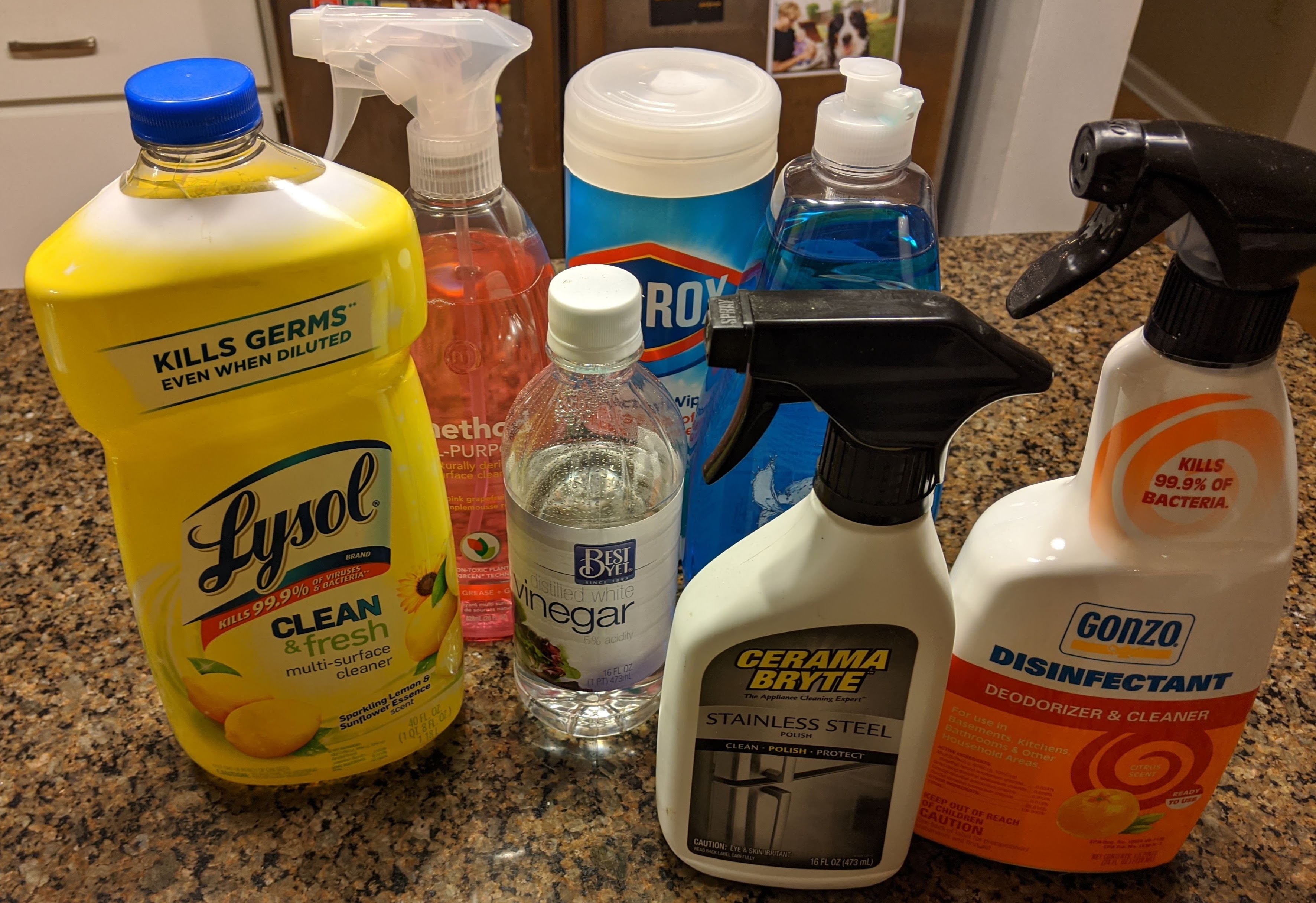 So what can we do to keep our kitchen sinks clean and safe without using chemicals?
Natural and eco-friendly cleaning solutions are a great alternative
. Ingredients such as vinegar, baking soda, and lemon juice can effectively clean and disinfect your sink without any harmful side effects. There are also many eco-friendly and non-toxic cleaning products available on the market that are specifically designed for use in the kitchen.
So what can we do to keep our kitchen sinks clean and safe without using chemicals?
Natural and eco-friendly cleaning solutions are a great alternative
. Ingredients such as vinegar, baking soda, and lemon juice can effectively clean and disinfect your sink without any harmful side effects. There are also many eco-friendly and non-toxic cleaning products available on the market that are specifically designed for use in the kitchen.
Conclusion
 In conclusion, while it may be tempting to use chemicals in our kitchen sinks for a quick and easy clean,
the potential risks to our health and the environment are not worth it
. By opting for natural and environmentally-friendly cleaning solutions, we can ensure a clean and safe kitchen sink for ourselves and our loved ones. Let's make the switch to a healthier and more sustainable way of cleaning our kitchen sinks.
In conclusion, while it may be tempting to use chemicals in our kitchen sinks for a quick and easy clean,
the potential risks to our health and the environment are not worth it
. By opting for natural and environmentally-friendly cleaning solutions, we can ensure a clean and safe kitchen sink for ourselves and our loved ones. Let's make the switch to a healthier and more sustainable way of cleaning our kitchen sinks.





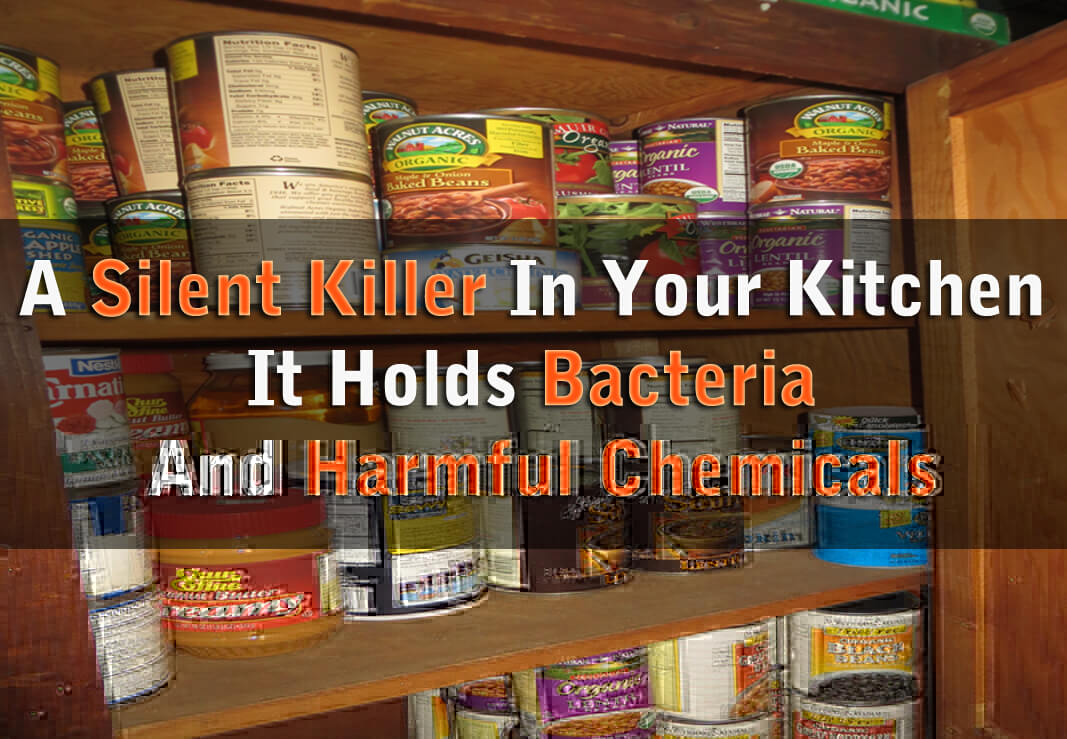
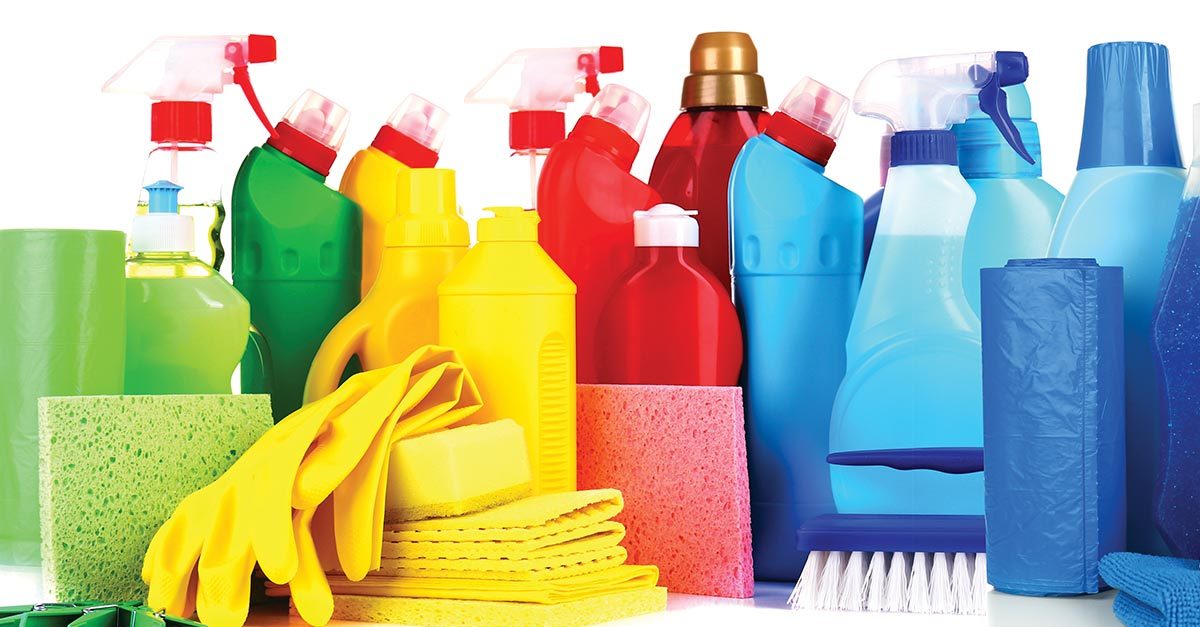



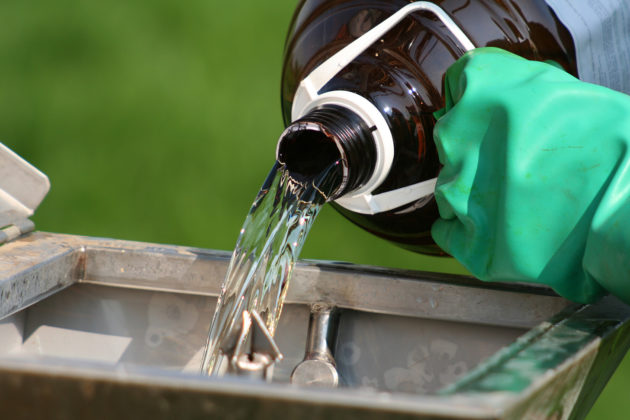



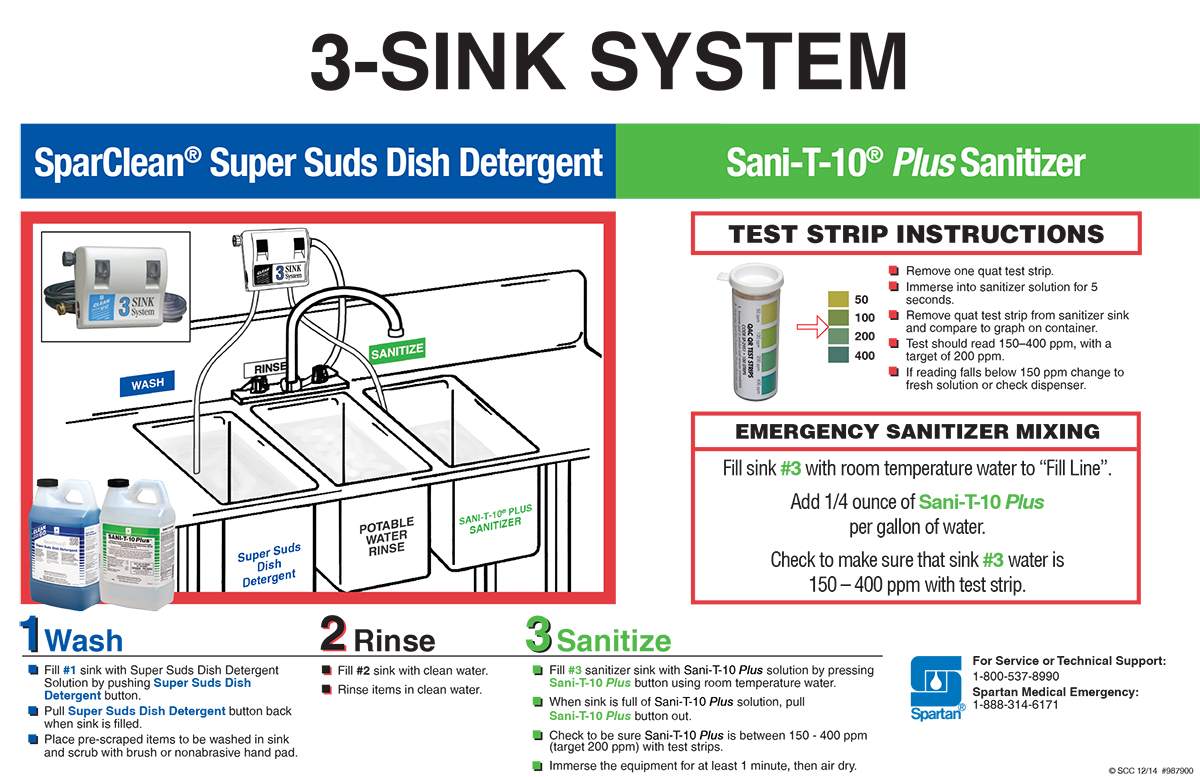
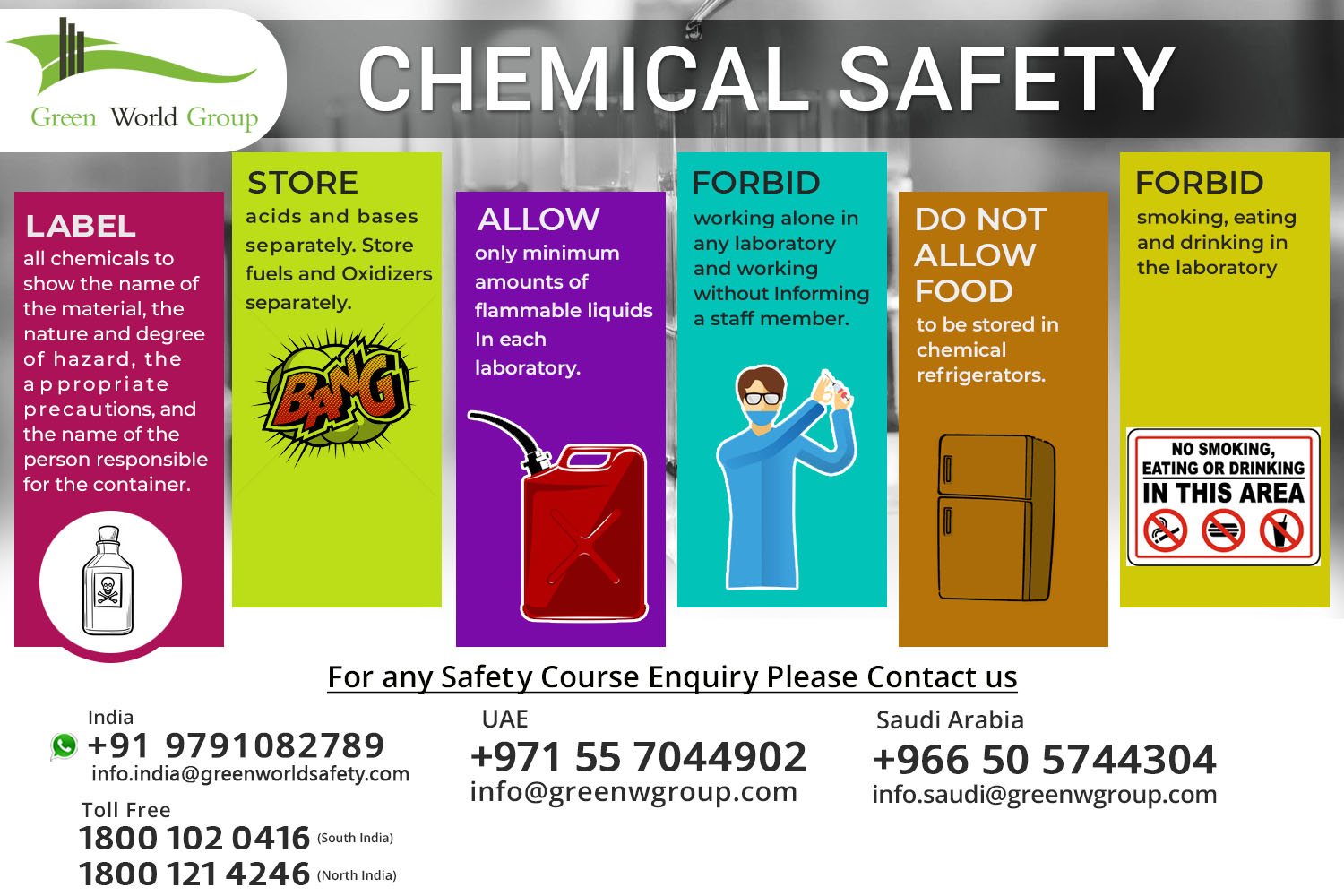
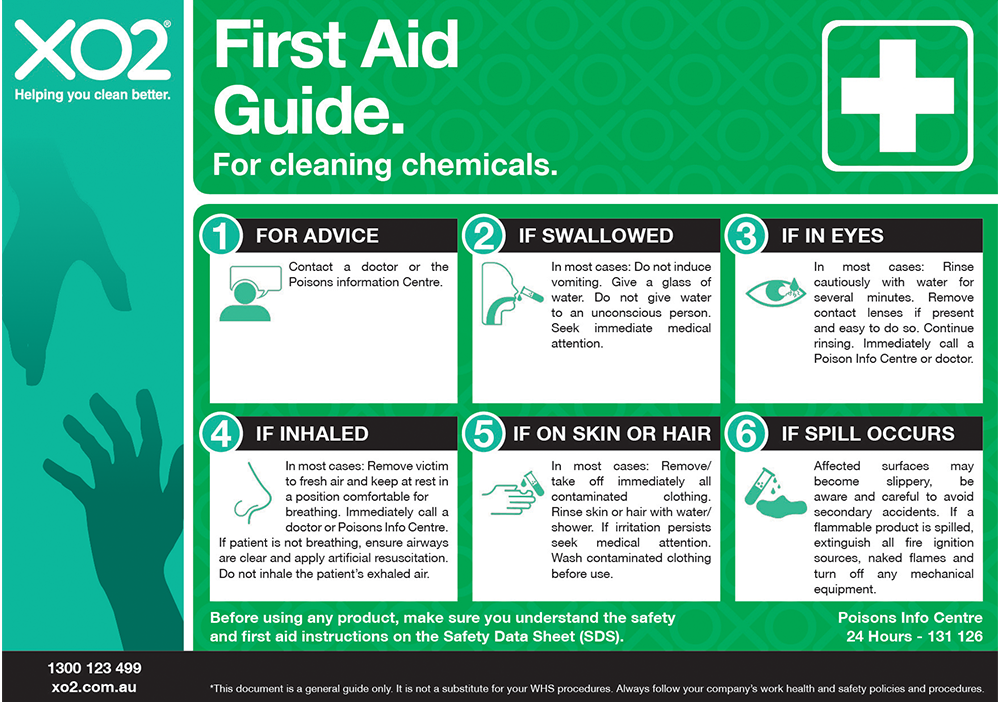
:max_bytes(150000):strip_icc()/pouring-chemicals-down-a-sink-80033290-5810e9425f9b58564c60a7e1.jpg)
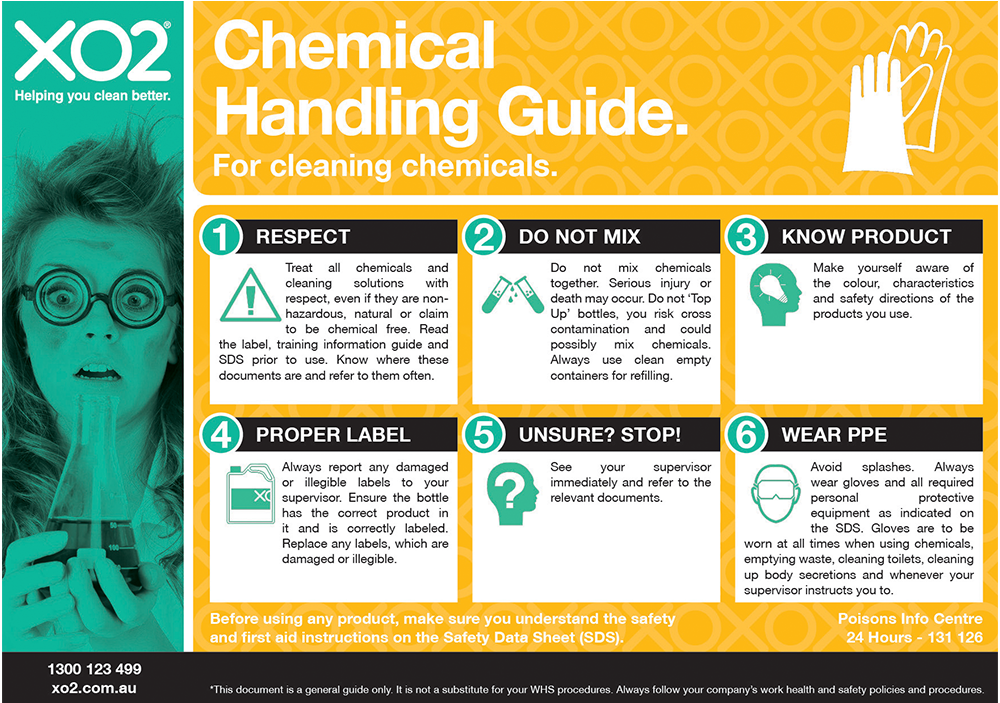


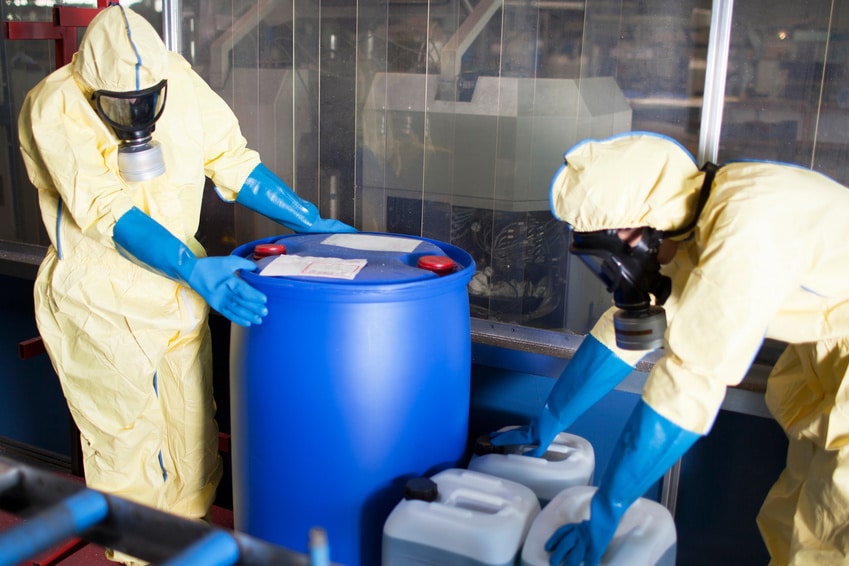









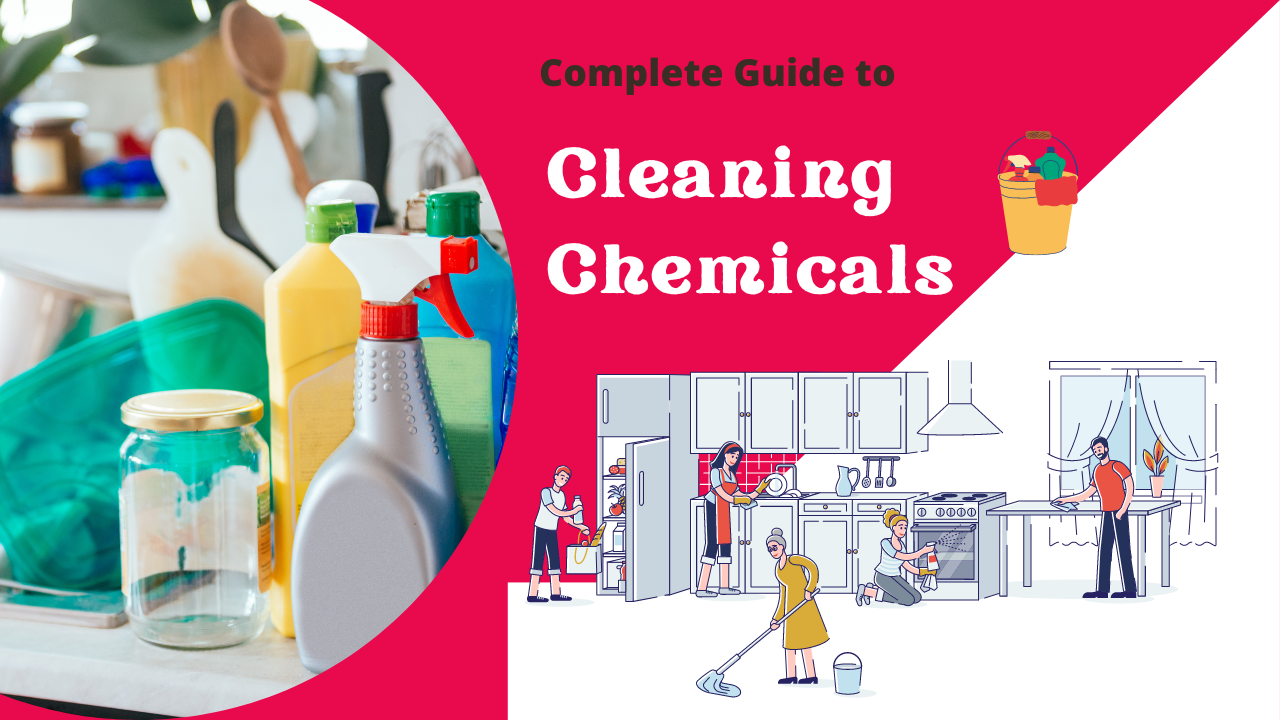





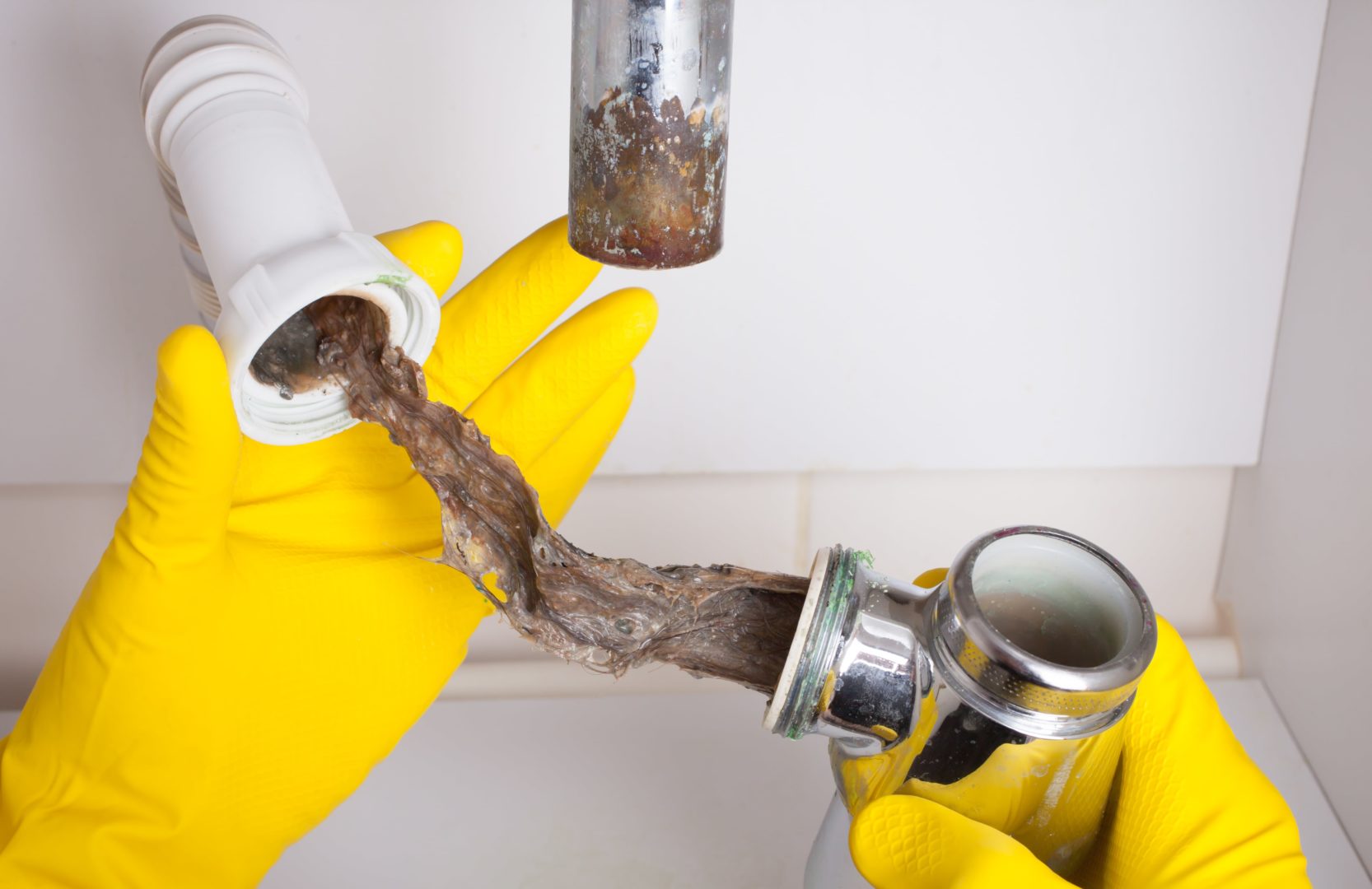

:max_bytes(150000):strip_icc()/how-to-unclog-a-kitchen-sink-2718799_sketch_FINAL-8c5caa805a69493ab22dfb537c72a1b7.png)



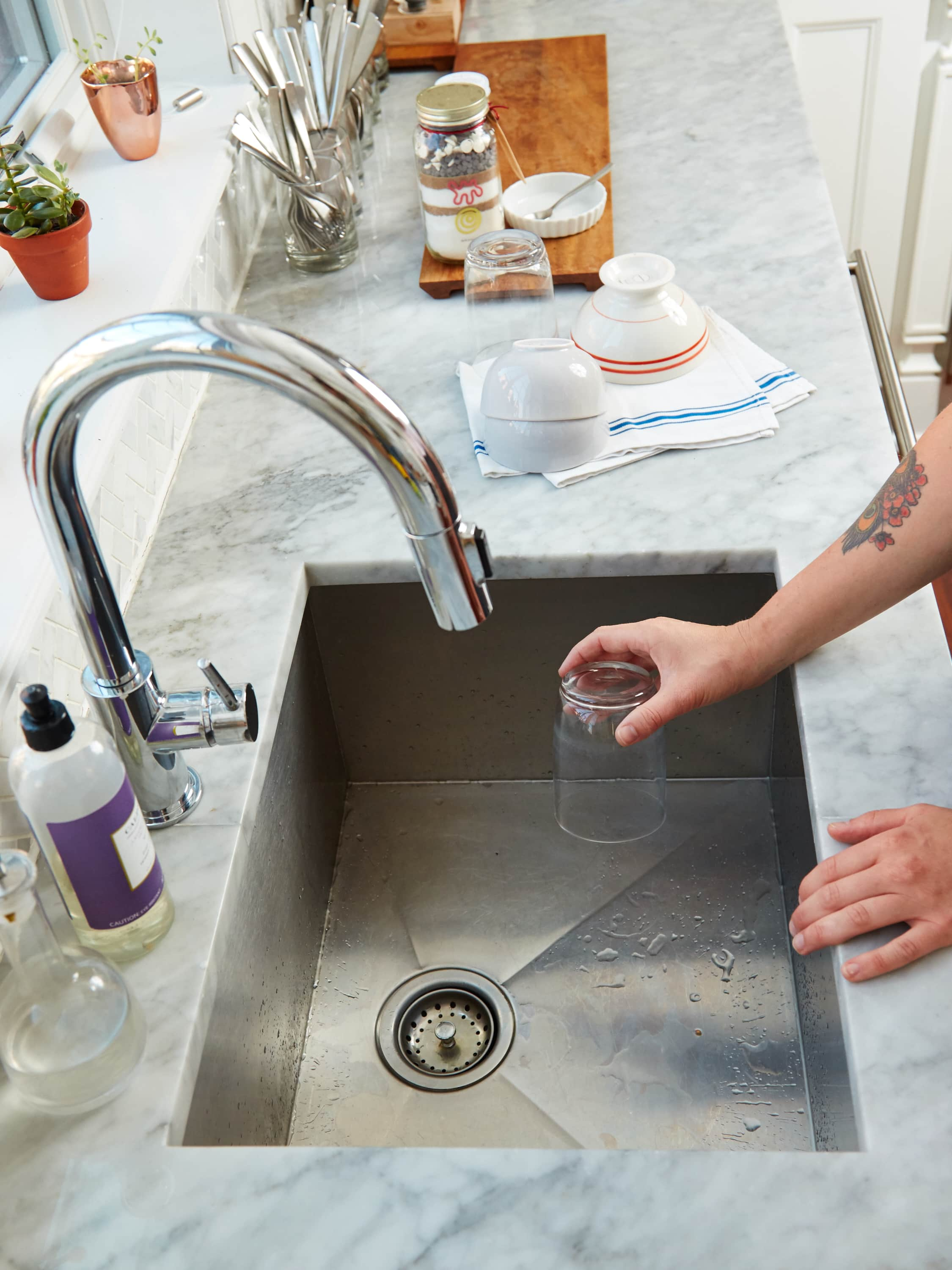

:max_bytes(150000):strip_icc()/pouring-chemicals-down-a-sink-80033290-5810e9425f9b58564c60a7e1.jpg)
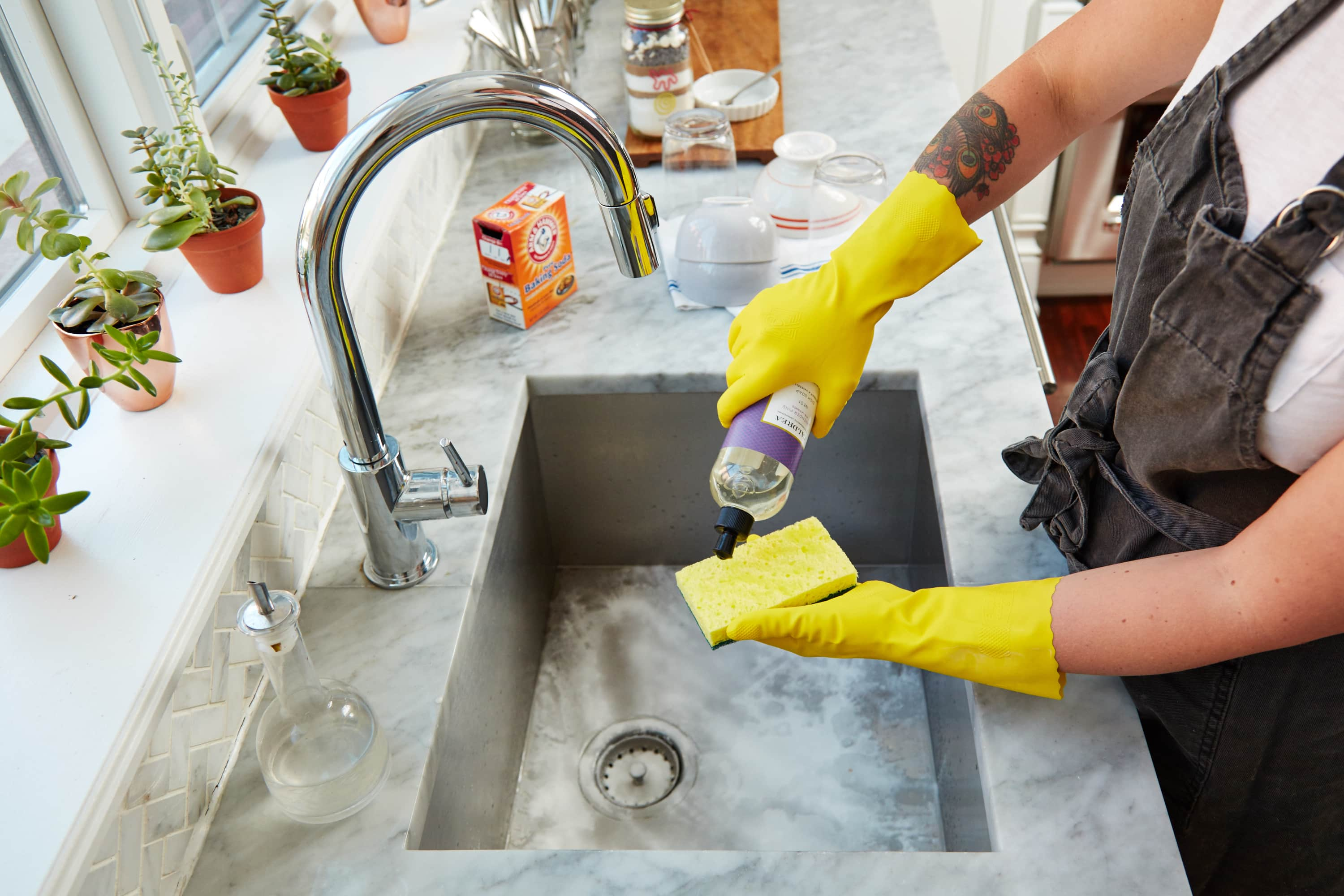






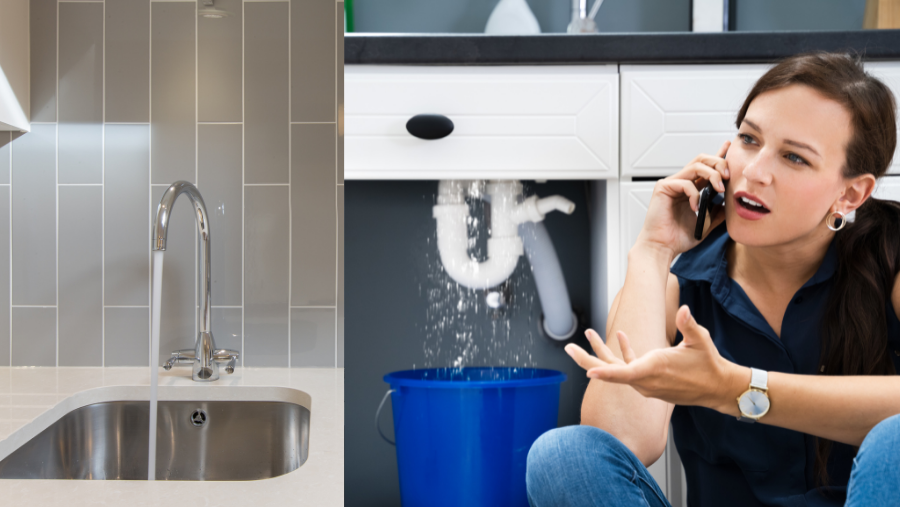


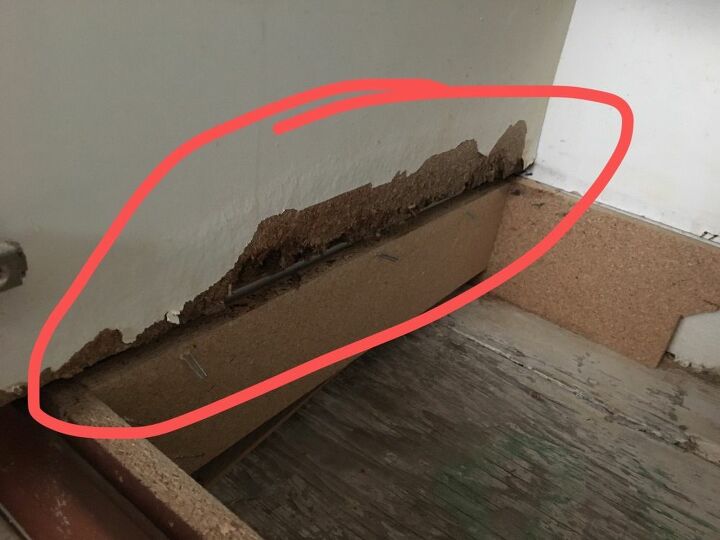






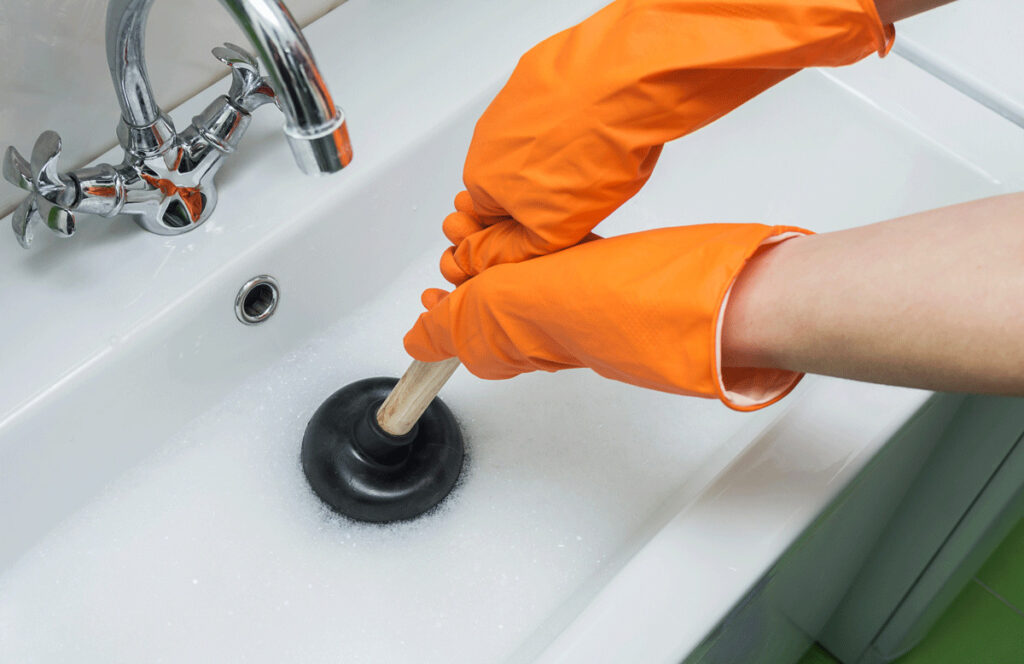




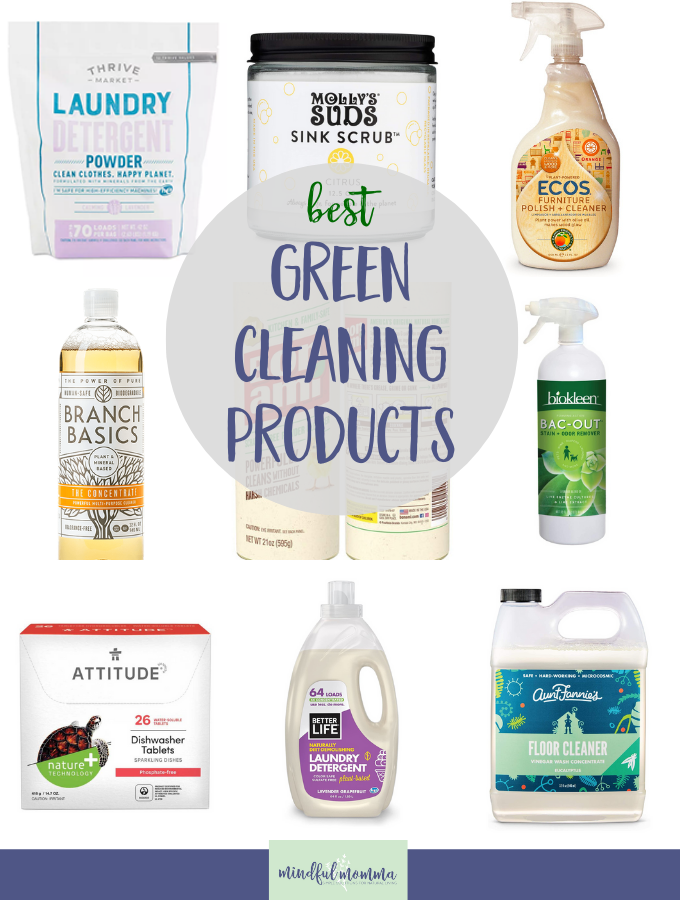
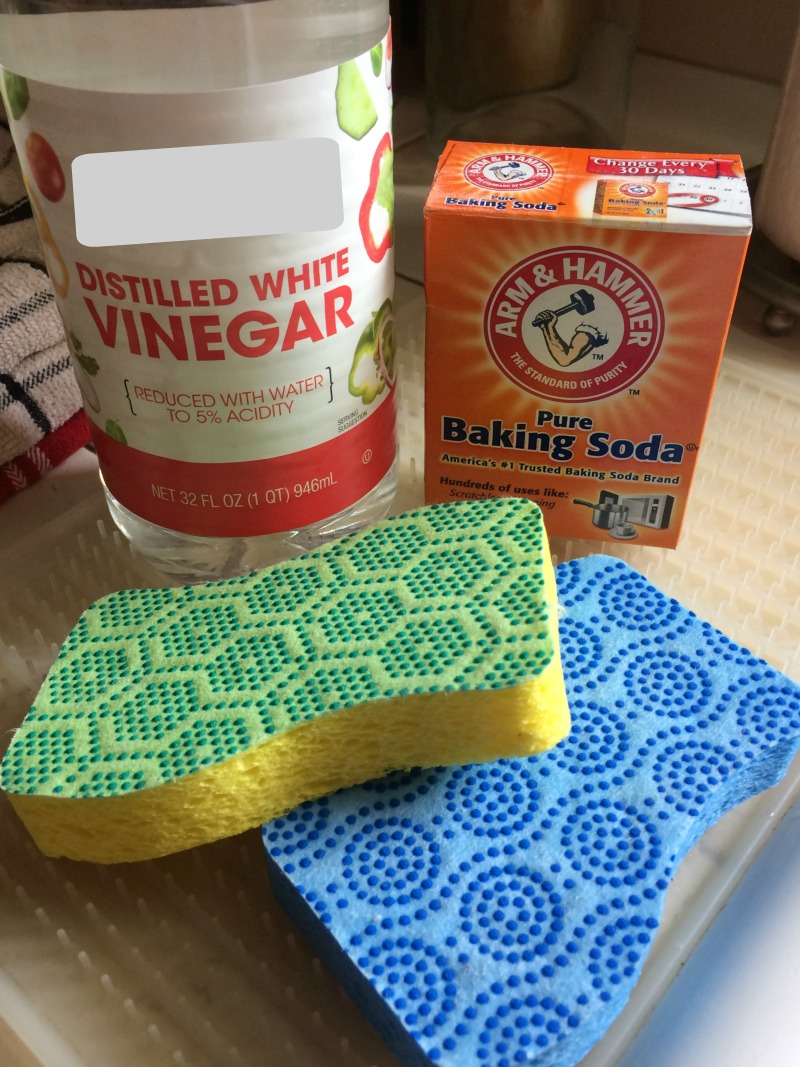
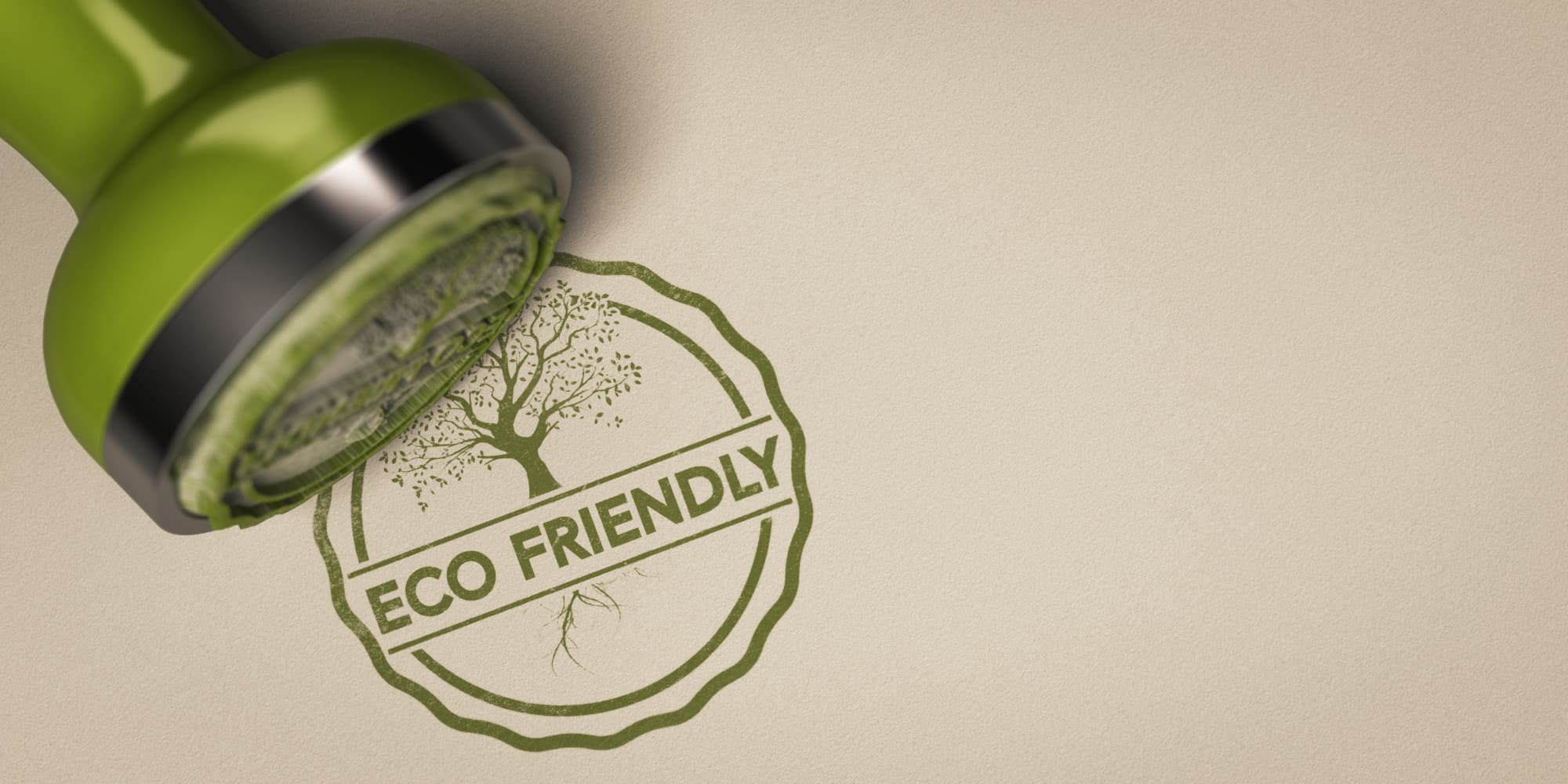
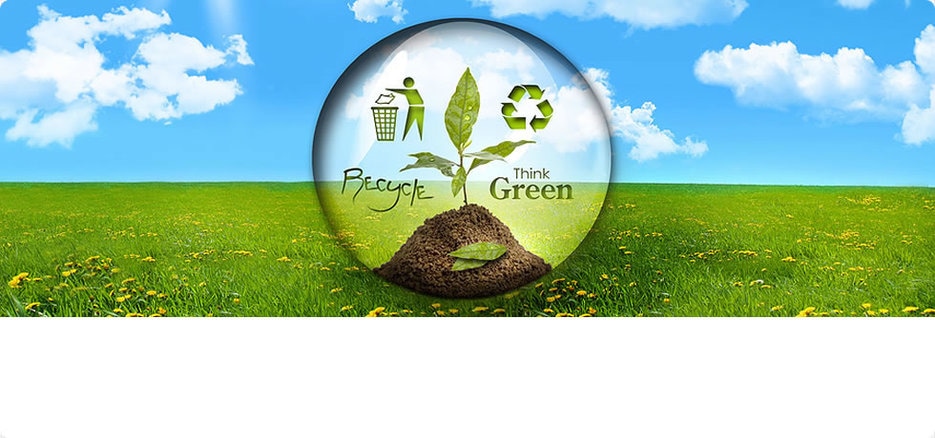


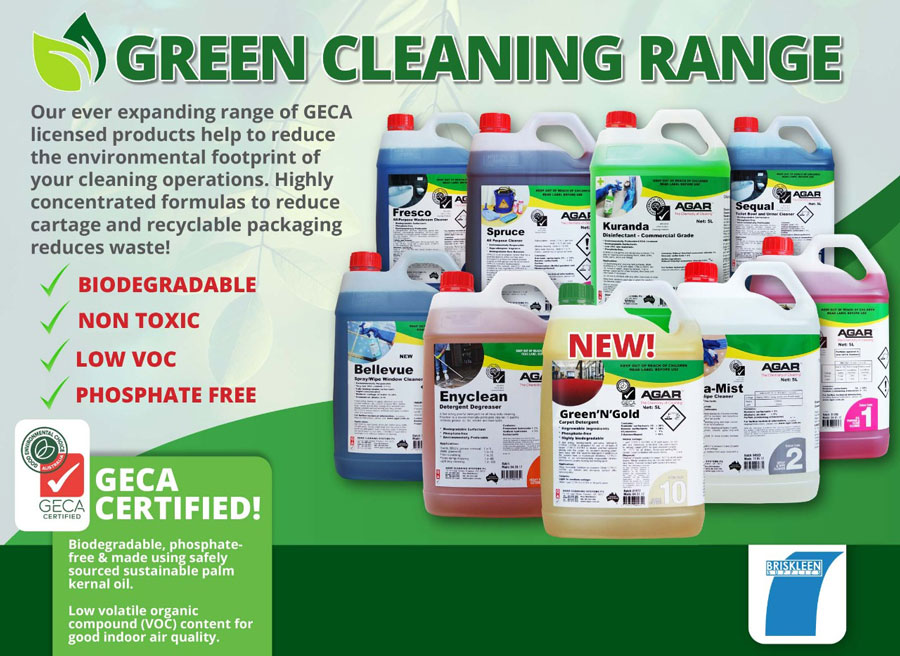
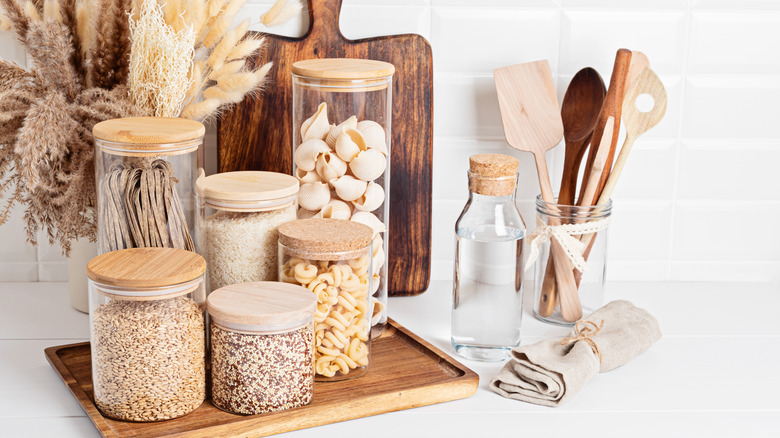
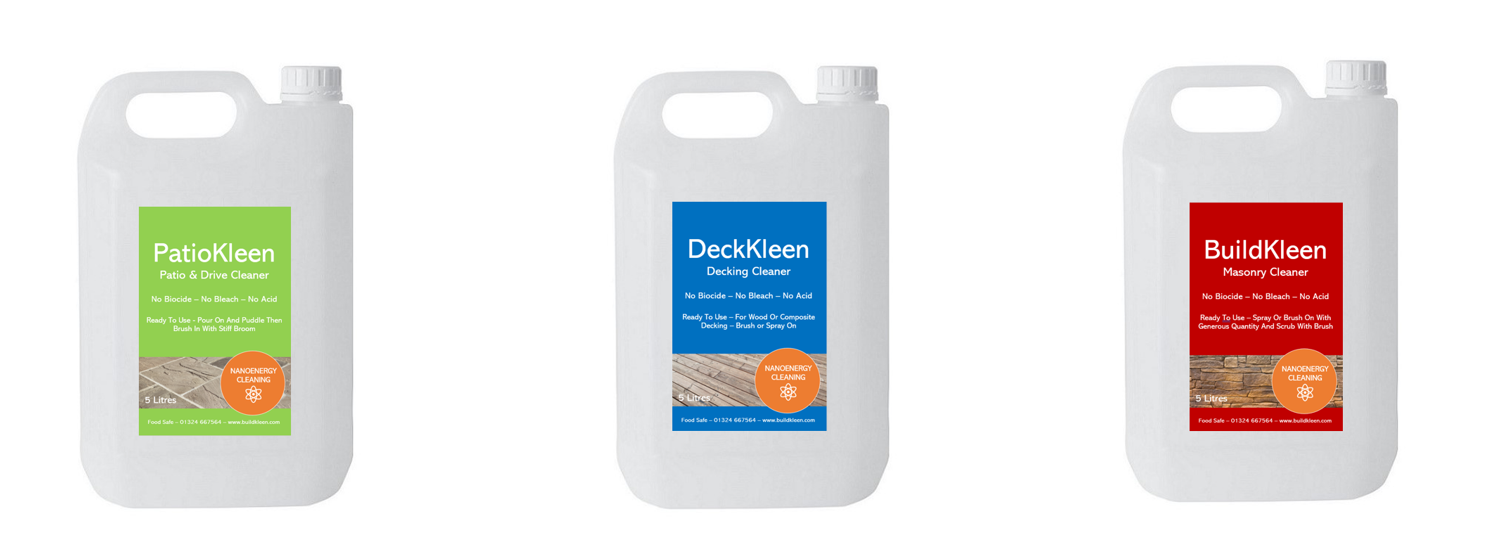
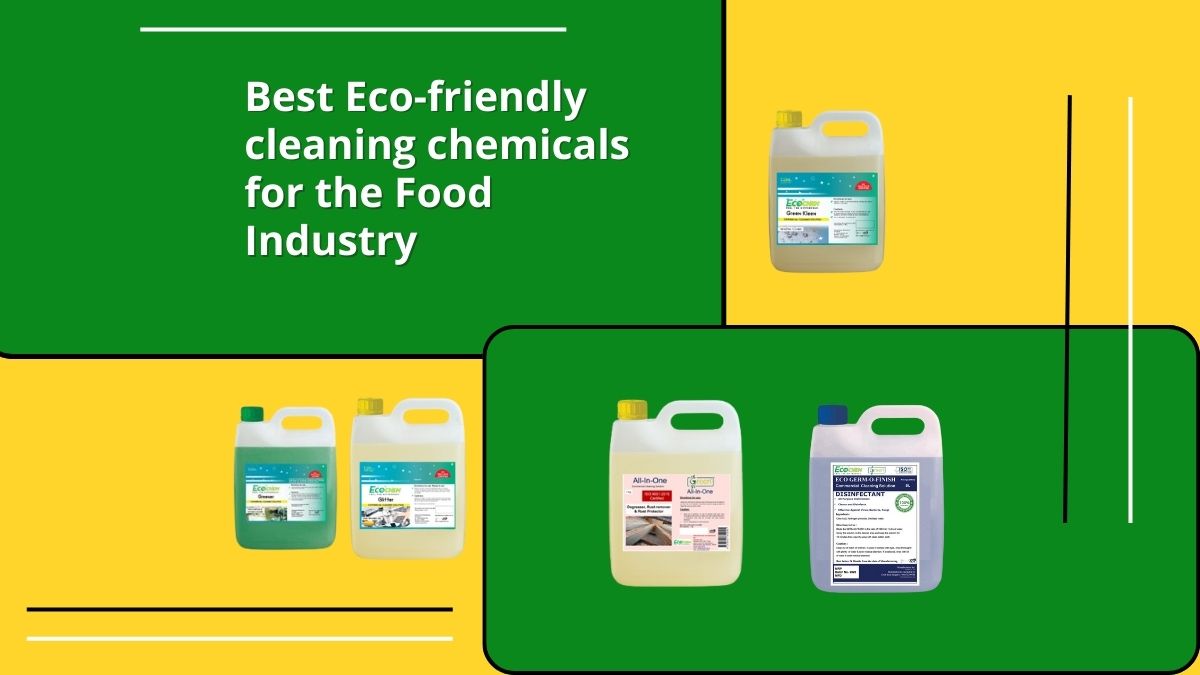
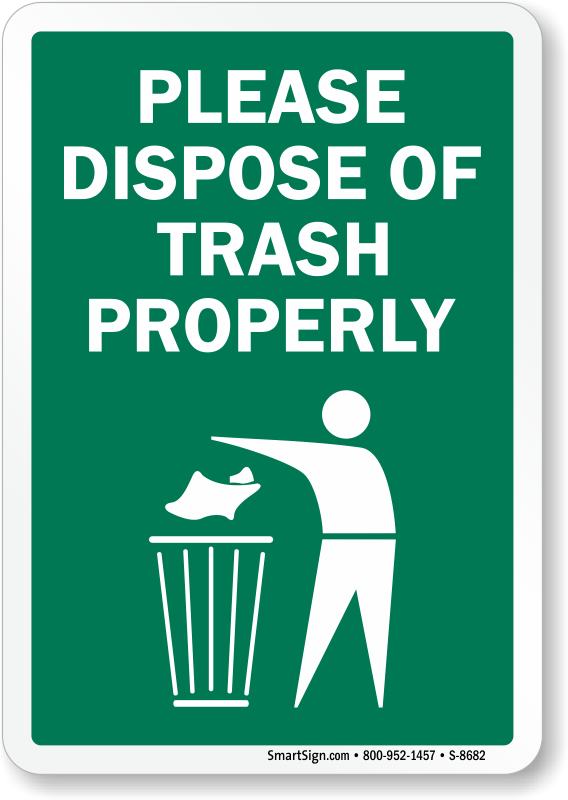

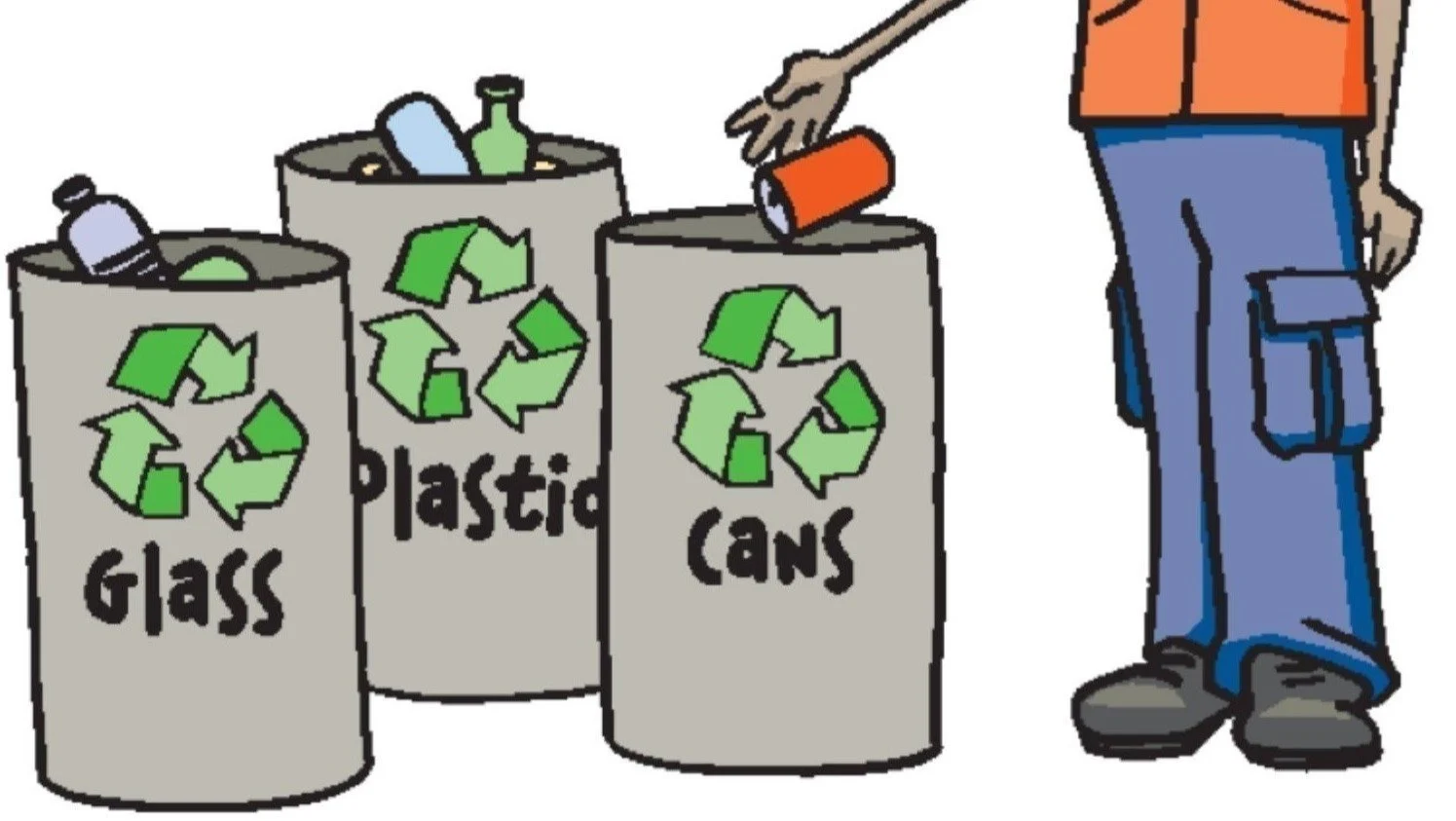
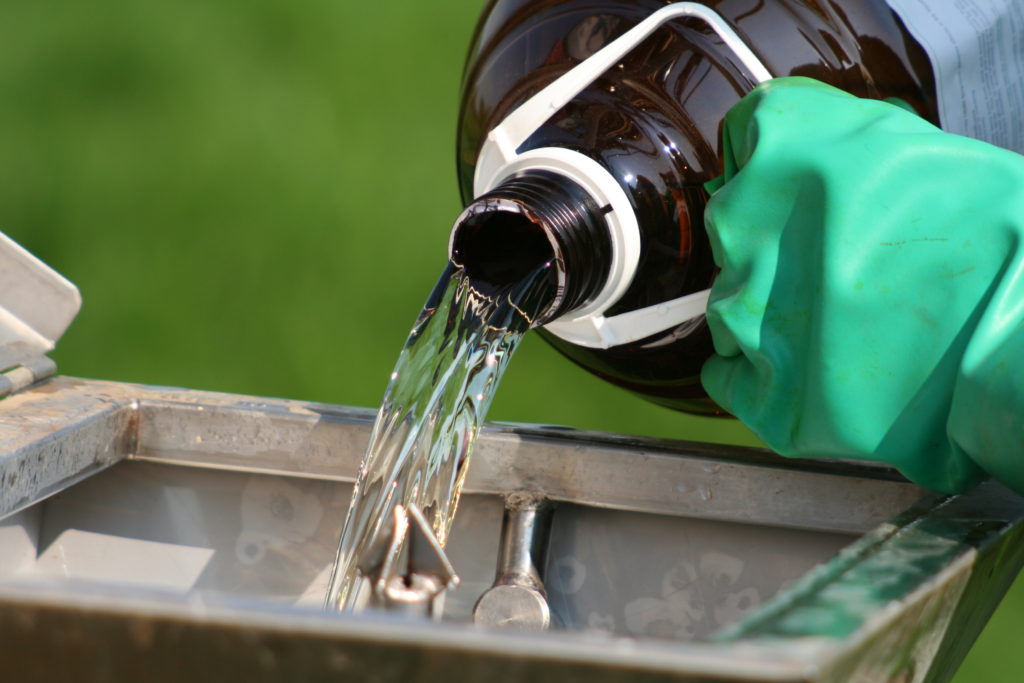
:max_bytes(150000):strip_icc()/how-do-i-dispose-of-used-cooking-oil-908995_FINAL-5b43902cc9e77c003736f7bc.png)



